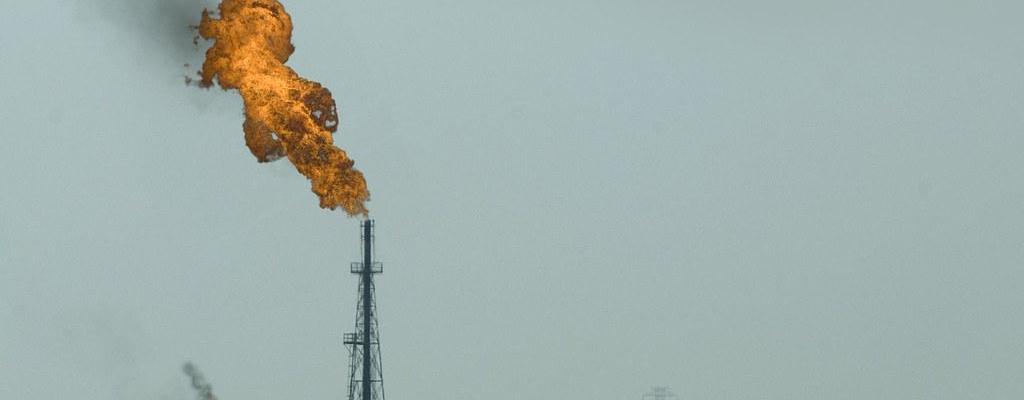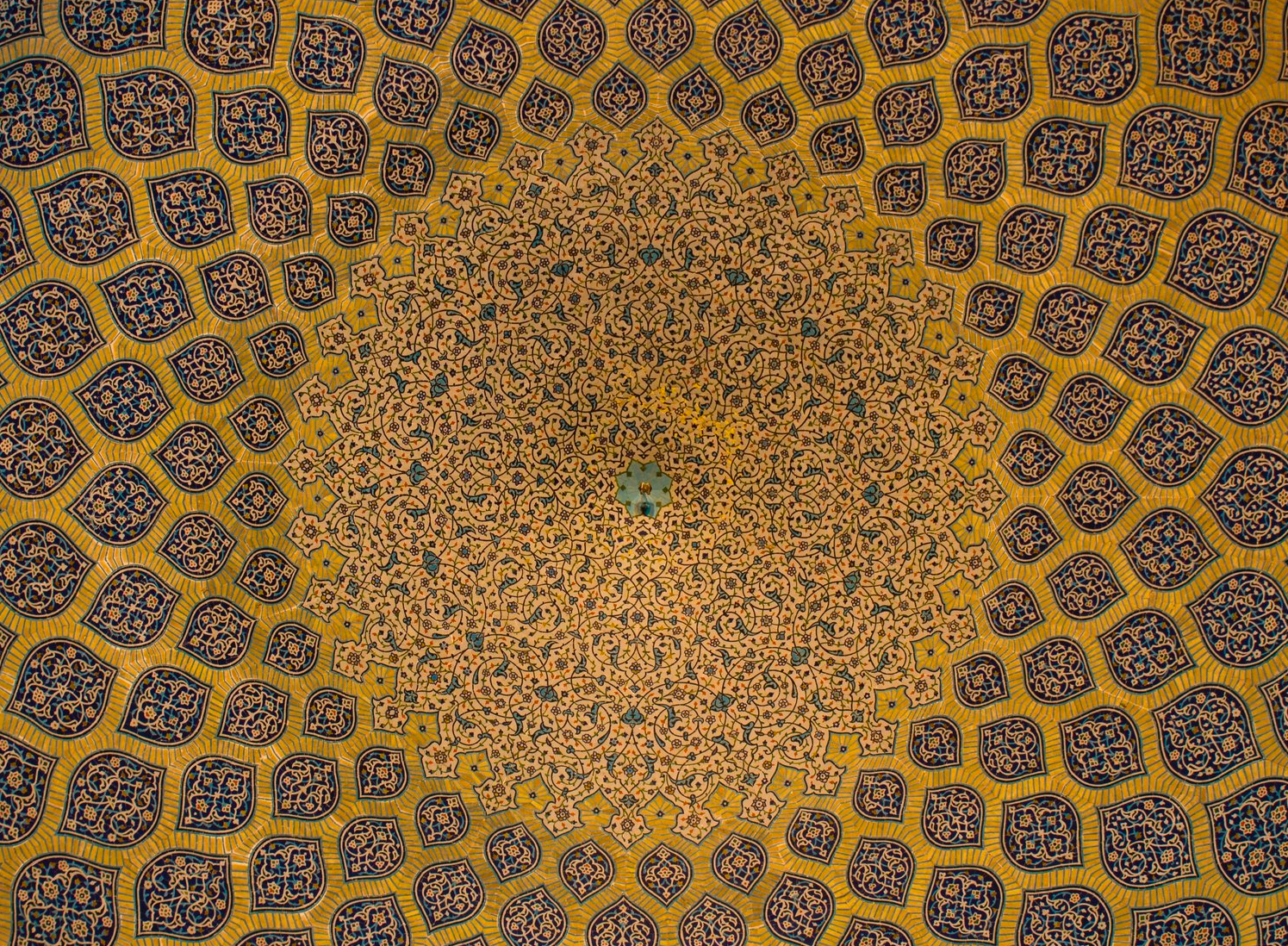Become a member
Get the latest research, news & events on topics and regions that interest you.
Register



Since September 2021, the French energy giant TotalEnergies has been negotiating a major energy agreement with the Iraqi government. The multiple political crises that the country had been grappling with since the last legislative elections were held in October 2021 have slowed the negotiation process.
On 5 April 2023, it was announced that a final agreement has been reached between TotalEnergies, QatarEnergy and the Basrah Oil Company for the development of the Gas Growth Integrated Project. (GGIP) a project designed to develop Iraq’s natural gas resources through an investment of approximately 25 billion euros. Under the agreement the Basrah Oil Company has a 30% stake, with QatarEnergy taking a 25% stake and TotalEnergies holding the remaining 45%. It is the first time a European company has developed an infrastructure project in Iraq in collaboration with a major Gulf organisation. TotalEnergies has also expressed its intention to invite Saudi company ACWA Power to join the project and cooperate on the development of the one-gigawatt solar power plant.
Qatar's energy minister as well as president and CEO of QatarEnergy, Saad Sherida Al-Kaabi, said, “We are pleased to be part of this significant development, which is important for Iraq’s energy sector, and we look forward to working with TotalEnergies and Basra Oil Company to progress it to fruition.”
TotalEnergies has agreed to invest no fewer than 10 billion euros in the project, aimed at recovering natural gas flares from three oil fields. The project will also seek to develop a solar plant to supply the region of Basrah in the south of the country and improve the country’s overall electricity supply. The company is to invest that amount over the course of the next decade. The investment will also encompass building a seawater treatment plant to supply water to increase regional oil production in order to stop using fresh water from rivers and aquifers as a means of not adding to the already serious water scarcity in Iraq.
When the project is implemented, not only will Iraq be able to produce more of its own energy it will also gain further resources for the state budget. Despite being OPEC’s second-largest oil producer, Iraq is heavily dependent on Iran for its own electricity and gas supplies. Investments of this nature demonstrate the value of EU and GCC cooperation in the Gulf for offsetting Iran’s influence in the region.

Get the latest research, news & events on topics and regions that interest you.
RegisterAlready a member ? Log in
Privacy PolicyGet the latest research, news & events on topics and regions that interest you.
Not a member ? Subscribe
Get the latest research, news & events on topics and regions that interest you.
Alreday a member ? Log in
Privacy PolicyEnter your email below to recover your password
Thank you, you will receive an email to change your password
Your password is now updated